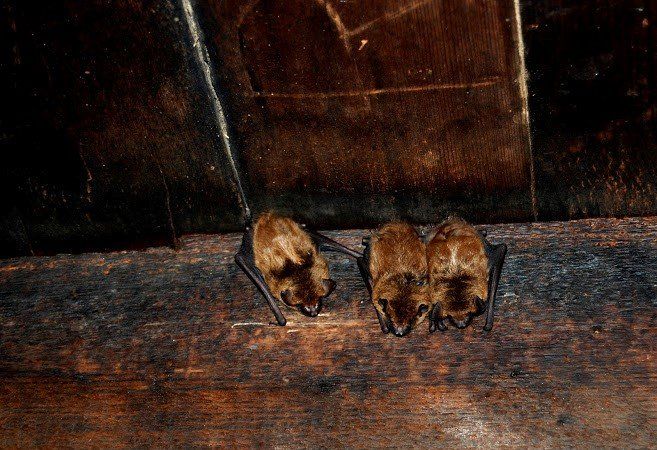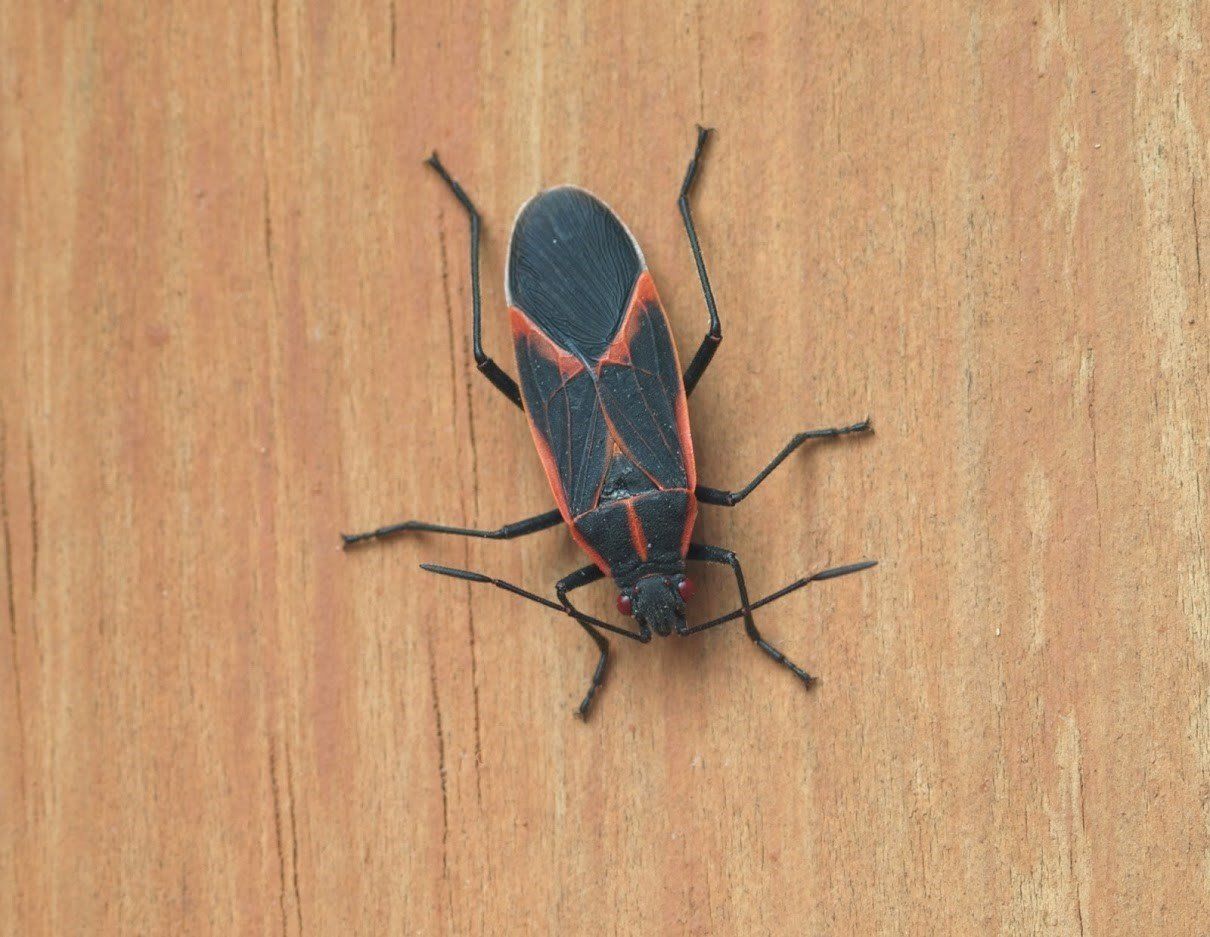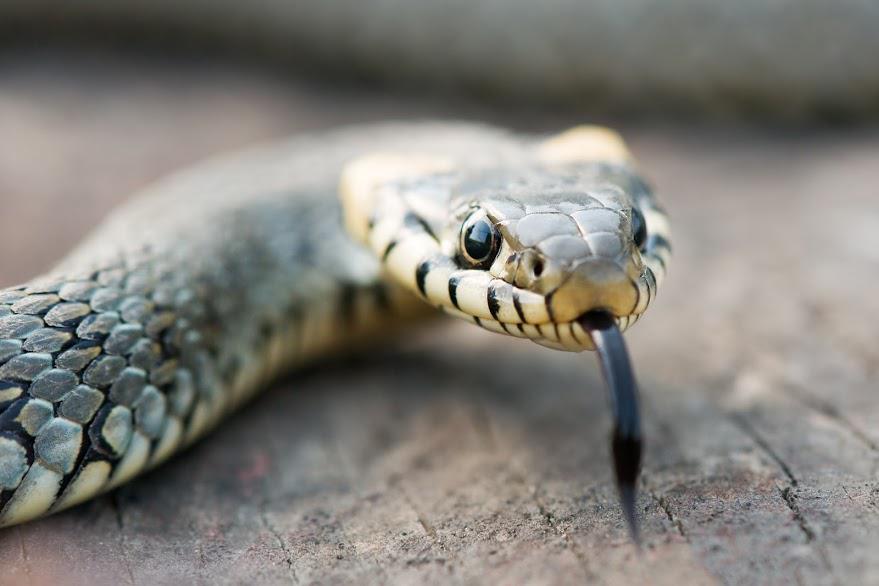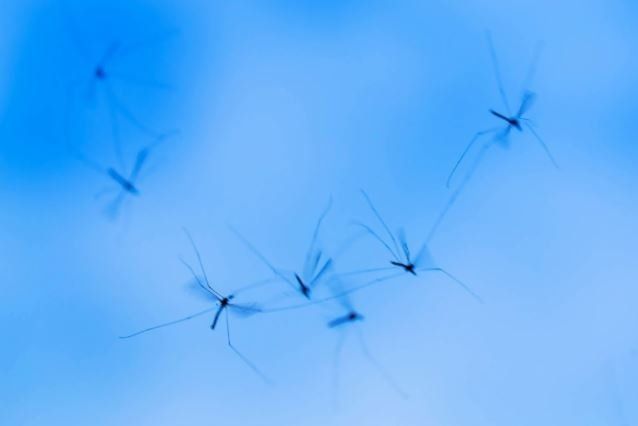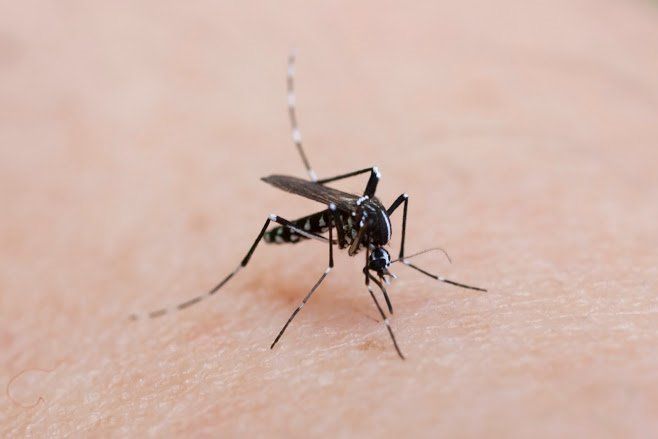Mosquitoes, Fleas, and Ticks: How to Avoid These Parasites
websitebuilder • July 17, 2019
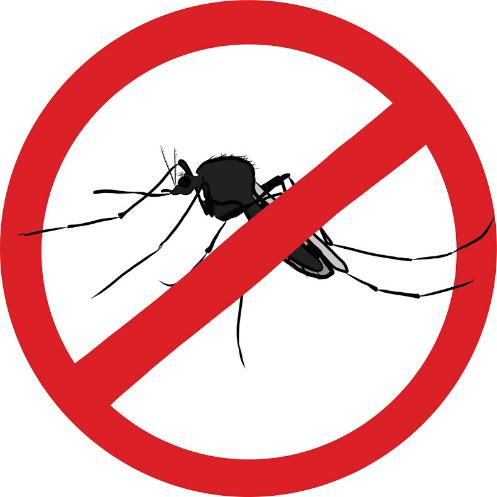
Summer brings warmth, barbecues, and days at the beach. It can also lead to evenings spent with itchy mosquito bites and combing through pets for ticks and fleas. One of the few downsides of summer is the return of these pests. The health risks and the misery of biting insects can leave people wishing for fall, but there are ways to reduce these annoyances.
Protect Your Pets
Many insects in the home arrive as hitchhikers on dogs and cats. Vet-approved preventatives work well to keep fleas, ticks, and mosquitoes away from animals. The topical or oral medications make the animals more comfortable and protect them from conditions like skin reactions, Lyme disease, and heartworms.
Many veterinarians recommended pet owners use the products all year. Ticks and mosquitoes may only appear during the warmest months, but fleas cause problems in any season. The number of fleas in a home can dwindle during the summer while a pet stays on preventatives but may not disappear entirely.
Fleas can survive up to three months without a blood meal. The female flea only needs to feed once off a pet to begin reproducing. Once the preventative on a pet wears off, any existing fleas that survived in the carpet or pet beds will start to bite again. An infestation could begin before the homeowner realizes the pests are in the house.
Protect Your Skin
Heavily scented products on the skin, hair, and clothing may attract mosquitoes, so avoid their use before attending outside events. Apply insect repellant as needed when outdoors; you should consider Environmental Protection Agency (EPA) approved formulas.
In addition, wear long pants and long sleeves in areas with high tick populations. Stay in the center of walking trails, and wear light-colored clothing for outside trips to make it easier to spot any ticks. Hats and long socks can make it more challenging for ticks to reach the skin. Remember to always inspect pets and people thoroughly after a day spent outside.
Permethrin-treated clothing can help to repel some mosquitoes and ticks. Some clothes come pre-treated, but products also exist for people to treat their own clothing, shoes, and camping gear at home. Never put the product on the skin and only spray clothing before wearing. Keep in mind, permethrin can cause hormonal disruptions if inhaled during use or if absorbed through the skin.
Protect Your Home
Fleas do not only come into homes on pets, but they can also arrive on the bodies of rodents as well. Close gaps that allow rodents into homes and remove debris in yards so they will not have a place to hide. Rodents often stop by because of the availability of food or water, so fix leaky hoses and put all pet and human food in sealed containers.
Reduce mosquito problems by removing any standing water around the yard. Consider placing fans around the yard during gatherings to deter some mosquitoes with the breeze. Burning bundles of sage in a firepit or other herbs like lavender or mint may also help. In addition, keep window and door screens repaired.
Long grass, leaf piles, and brush attract ticks so keep lawns clipped and raked around the home. Do not place play areas, swings, or picnic tables near tall grass or brush. You can discourage ticks from entering yards that border forested areas or fields with a stone or wood chip barrier. Use the same types of barriers between the grass and play spaces too.
The increase in diseases caused by fleas, ticks, and mosquitoes has alerted many Americans to the need to control the pests around their home. Sometimes the population of the insects is too massive to handle alone. At Anteater Pest Control Inc., we can help to make your yard safer and more enjoyable. Contact us to learn more about our services or to schedule a home visit.
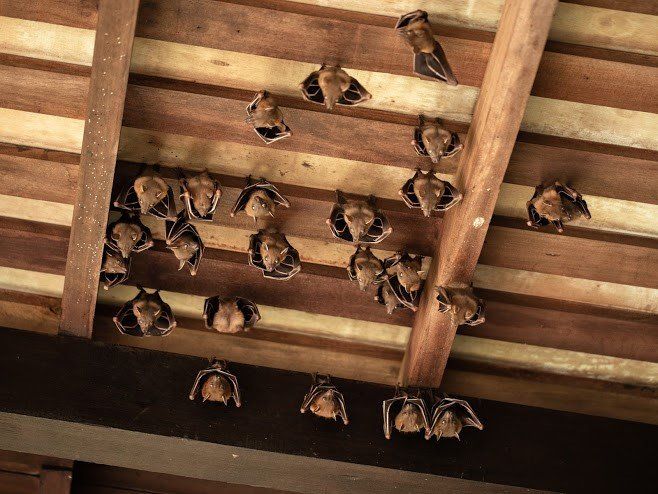
Bats can be cute when you see them in nature, but inside your home, they are more than just a nuisance. Bats can carry deadly diseases, like rabies, which means that if you have a bat, you need to take steps immediately to solve the problem. Removal Options Removal is best left to a professional due to the risks involved. Single Bat A single bat may get into the house through an open window or the chimney. The good news is that this usually is a one-time event and you don't have an infestation. The best course of action is to remove pets and people from the room with the bat, open all of the windows in the room, and then close off the room so the bat can't get into the rest of the house. With luck, the bat will find a window and leave. If you must handle the bat, wear gloves and do not touch the bat directly. The safest option is to call in a pest service if the bat doesn't leave on its own. Roosting Colony Sometimes your home provides the perfect place for daytime roosting. Little-used attics are most at risk, but bats may also colonize crawlspaces, spaces in your walls, or outbuildings. You should not try to remove an entire colony of bats on your own. A pest professional that is aware of local and federal wildlife laws should be called in to trap and remove the bats. Prevention Tactics Once you are free of the bats, your next step is to ensure that they cannot return. Exclusion If a bat can't get into your home, you can't have a bat problem — which is why exclusion is your main goal. Your pest service will inspect your home and find the likely entry points that the bats are using. You can also watch your home during the twilight hours to find where the bats are emerging. Once you know the likely entry points and have had all bats removed from the house, you can seal up the openings so the bats can't regain access to your home. Alternative Dwellings If you live in an area with a high bat population or would simply like to keep these beneficial insect-eaters nearby, then providing alternative dwelling options can be just the ticket for diverting bats away from your home. You can buy or build simple bat boxes. These boxes are typically attached to trees or poles to provide a more attractive roosting space for the bats. Cleanup Safety Bats are not clean animals. If a bat has been roosting in your home, then you will have droppings (called guano) and urine to deal with. Guano Sanitation Bat guano can carry histoplasmosis, a fungal spore that can cause a chronic respiratory disease. If you must try to clean up on your own, you need to cover all of your skin, wear gloves and eye protection, and use a respirator mask. All debris must be cleaned up and all surfaces must be sanitized with a bleach solution. Professionals will also use a HEPA vacuum, which has a strong filter that ensures none of the possible fungal pathogens remain in the air. Dead Bat Removal Extreme caution is necessary if there are dead bats in your home. Conditions like rabies can still be transmitted from dead animals. Wear gloves and do not touch the bat directly if you attempt to remove it yourself. The area where the bat was found must also be completely sanitized with a bleach solution. For more assistance with a bat in the home, contact Anteater Pest Control, Inc.

